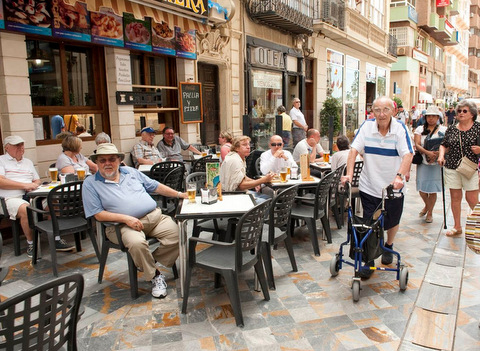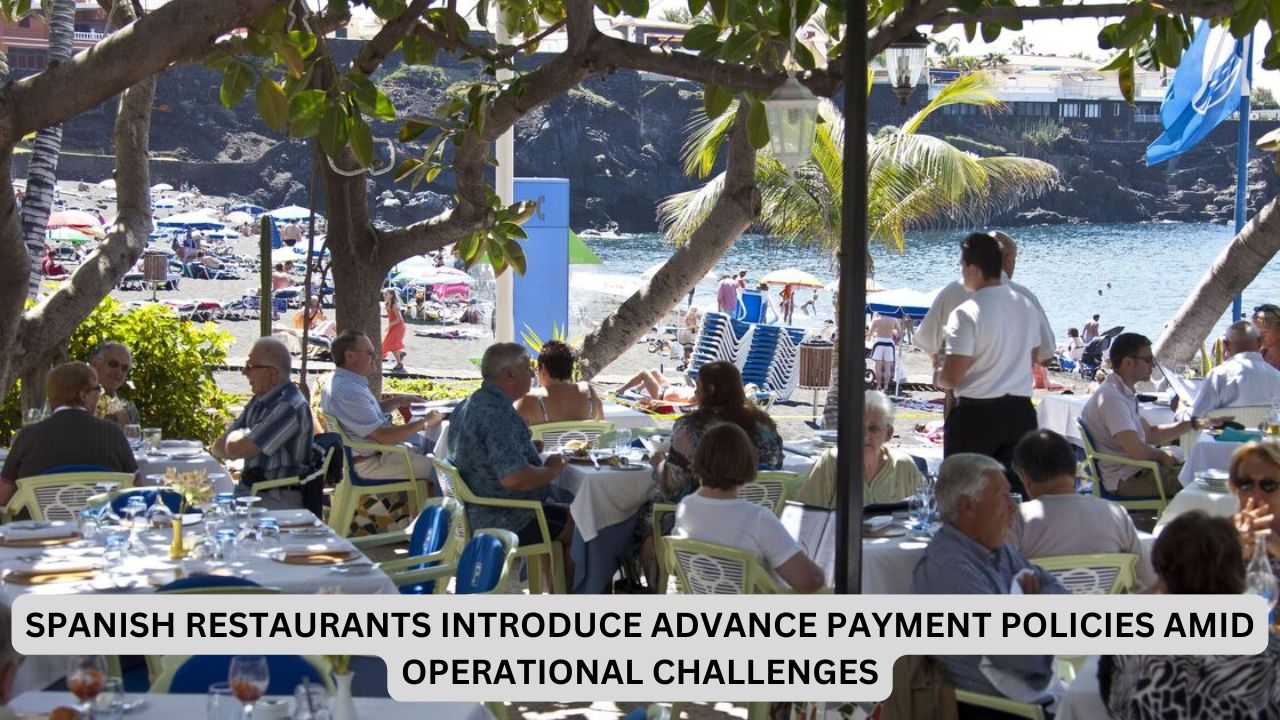In response to increasing operational challenges, several restaurants in Spain, particularly in tourist-heavy regions like Mallorca, have begun implementing advance payment policies for reservations. This move aims to mitigate losses from no-shows and adapt to the evolving dynamics of the hospitality industry.
Addressing the No-Show Dilemma
Restaurants in popular Spanish destinations have reported a surge in reservation no-shows, leading to significant revenue losses. To counter this, establishments are now requesting customers to commit to a certain amount when making a booking. In some cases, this upfront payment can be up to €40 per person.
This strategy is distinct from the traditional practice of securing reservations with credit card details and is seen as a proactive measure to ensure customer commitment. Majorca Daily Bulletin
Economic Pressures and Staffing Shortages
The hospitality sector in Spain is grappling with rising operational costs and a shortage of staff. According to Juanmi Ferrer, president of the CAEB Restaurants Association, the lack of staff is compelling more bars and restaurants in Mallorca to implement customer self-payment systems. These measures are deemed essential to maintain profitability, especially during the low-season months.
Impact on Tourists

While the advance payment policy affects all patrons, British tourists, who constitute a significant portion of Spain’s tourism demographic, have expressed concerns. Some perceive the upfront payment requirement as unwelcoming. However, it’s essential to understand that these measures are not targeted at any specific nationality but are responses to broader economic and operational challenges faced by the hospitality industry.
Broader Context: Spain’s Tourism Regulations
Spain has introduced several regulations in recent years to manage the influx of tourists and ensure sustainable tourism. These include stricter border checks, increased tourist taxes, and regulations on holiday rentals. For instance, popular hotspots like Barcelona and the Balearic Islands have hiked tourist taxes and introduced new levies. Additionally, cities like Soller in Mallorca now restrict non-residents from driving in historic centers. Euro Weekly News
Recommendations for Travelers
If you’re planning a trip to Spain:
- Inquire in Advance: When making reservations, ask about any deposit requirements to avoid surprises.
- Understand the Policy: Recognize that advance payments are measures to ensure reservation commitments and are not personal affronts.
- Be Respectful: Timely cancellations or modifications to reservations can help restaurants manage their operations more effectively.
- Stay Informed: Keep abreast of local regulations and practices, as policies may vary between regions and establishments.
By approaching these changes with understanding and flexibility, tourists can continue to enjoy Spain’s rich culinary offerings while supporting local businesses in their efforts to provide quality service amidst challenging circumstances.
This article has been carefully fact-checked by our editorial team to ensure accuracy and eliminate any misleading information. We are committed to maintaining the highest standards of integrity in our content.

Outside of work, he enjoys playing chess, following cricket, and writing short stories. His commitment to integrity and in-depth analysis strengthens OTE News’ mission of providing trustworthy journalism.




